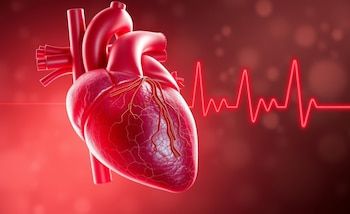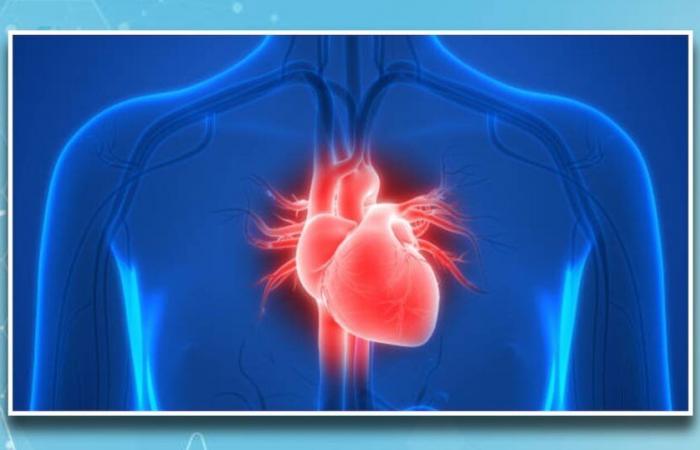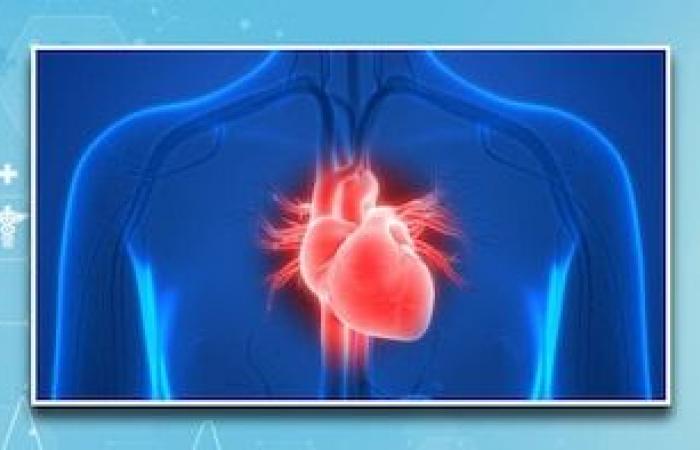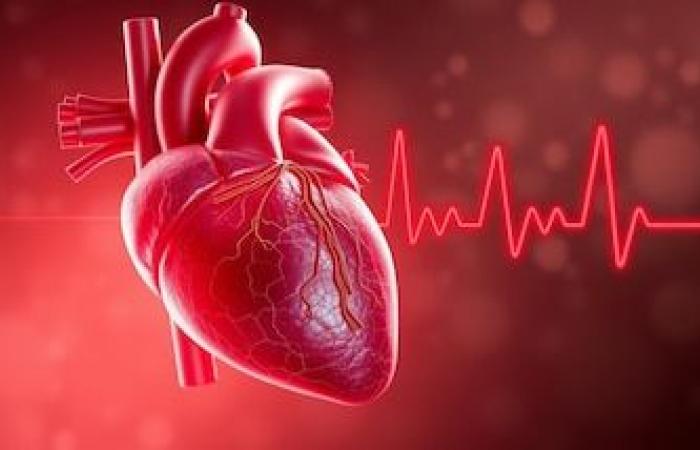Los heart problems In childhood, whether congenital or acquired, they represent a significant challenge for pediatric health. According to Tecsalud, the Congenital heart diseasewhich are malformations in the structure of the heart present from birth, constitute one of the most common conditions in the Pediatric cardiology.
In this sense, Dr. Cecilia Britton Robles, Chief of Pediatric Cardiology of Tecsalud, explained that these conditions They can vary in gravitybut many of them have a solution through surgical treatments or minimally invasive procedures.
Among the most frequent congenital heart disease are interventricular communicationwhich implies a defect in the wall that separates the ventricles; the Interauricular communicationwhich affects the wall between the atria; and the arterious duct persistenta structure that should close shortly after birth.
These conditions, although serious, are considered “noble” by the specialists, since they allow children to grow and develop with relative stability while proper treatment is programmed.

Given this fact, the specialist stressed that these conditions can be treated through open heart surgery or through catheterization and percutaneous procedures, which are less invasive.
On the other hand, the acquired heart diseasealthough less common, they also affect children and may arise as a result of Viral infectionsimmunological alterations or inflammations.
One of the most frequent acquired diseases is Kawasaki diseasewhich causes inflammation in blood vessels. As detailed by the specialist, an increase in cases of this disease has been observed since the beginning of the pandemic by COVID-19which suggests a possible relationship with the infectious and inflammatory processes associated with the virus.
Detecting heart problems in childhood in time is crucial. Among the most important alert signals are fainting or loss of conscience without apparent cause, excessive fatigue during foodconstant irritability, lack of weight gain despite adequate dietpaleness, cold sweating, and Growth delay and development.
Although chest pain in children is rarely related to heart problemsa pediatric review can rule out any complication.
Therefore, Dr. Britton also stressed the importance of performing Cardiovascular evaluations in children with family history of heart disease or in those with Down Syndromesince up to 50% of these patients can present heart problems.
In addition to early detection, the specialist emphasized the importance of promoting healthy habits From childhood to preserve cardiovascular health.

The recommendations include a balanced diet, a adequate hydration with an approximate consumption of 2.5 liters of water per day, Sleep at least eight hours a dayperform regular physical activity to improve circulation and maintain a healthy weight, and Take care of the emotional well -being of children.
As explained, the stressthe anxiety and the Excessive sadness They can have a negative impact on the health of the heart, so it is essential to pay attention to the emotions of minors.
Finally, the specialist called to prioritize comprehensive care during the Early childhood. He stressed that growing in a love, educational and healthy environment not only benefits the physical and emotional development of children, but also contributes to the progress of society as a whole.









